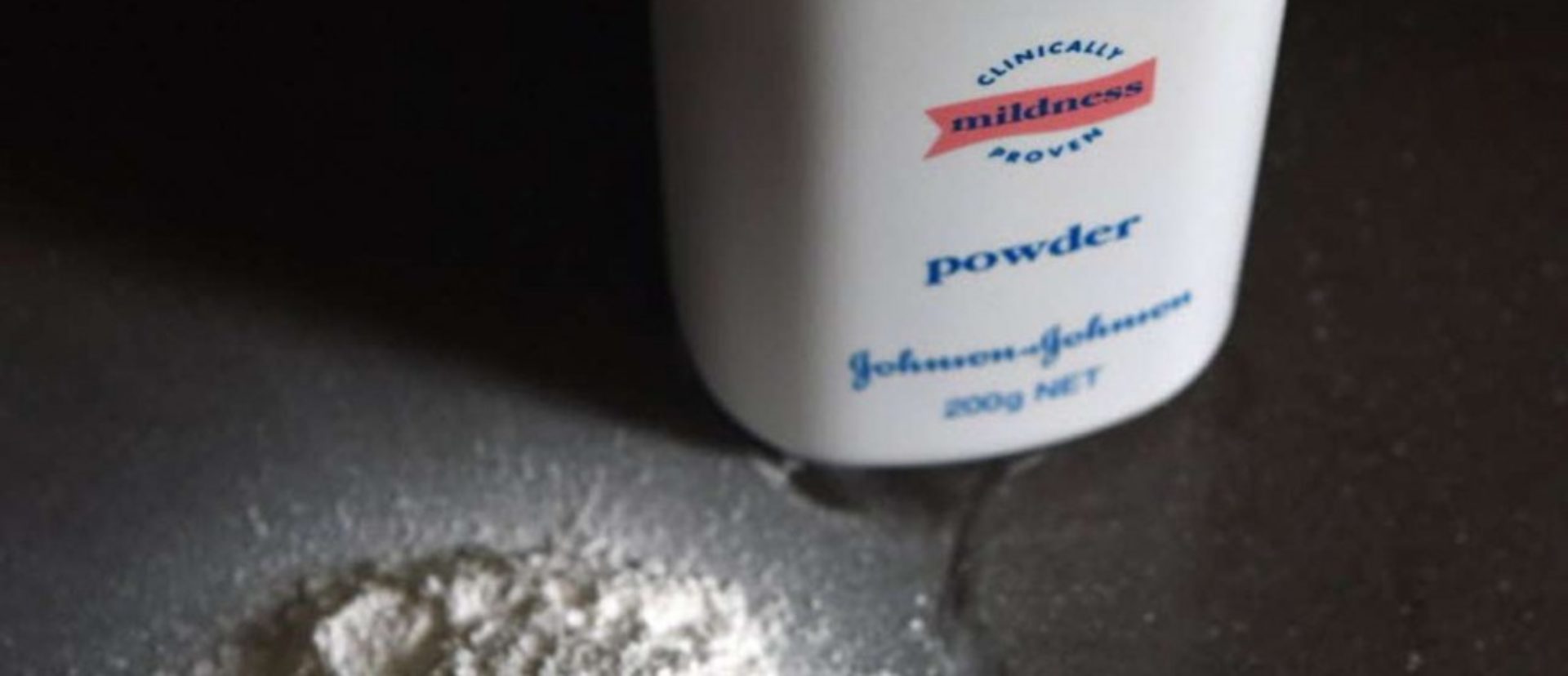A New Jersey federal judge on Monday largely rejected Johnson & Johnson’s efforts to bar plaintiffs’ experts from testifying that J&J’s baby powder contains asbestos and that talc can cause ovarian cancer, opening a path to trials in the multidistrict litigation that contains thousands of cases.
In a three-page order and accompanying 141-page opinion, U.S. District Judge Freda L. Wolfson partially granted and partially denied J&J’s motions to exclude the testimony of all of the experts put forward by the plaintiffs, which would have essentially disposed of the MDL.
Instead, Judge Wolfson ruled that most of the experts met the Daubert standard requiring such testimony to have sufficient scientific support. The judge held that an epidemiologist and oncologist will be allowed to testify as to “general causation,” or their belief that genital application of talc can cause ovarian cancer, and microscopist William Longo will be allowed to testify that he found asbestos in J&J talc samples using transmission electron microscopy.
Leigh O’Dell of Beasley Allen, a co-chair of the plaintiffs’ steering committee, told Law360 on Monday that the ruling was “very positive.”
“In terms of [the experts’] ability to say, does talcum powder cause ovarian cancer, the overwhelming import of the opinion is: yes,” she said. “And also to be able to say the presence of asbestos, fibrous talc and heavy metal in talc supports their conclusion.”
O’Dell said the ruling sets the stage for case-specific discovery and then bellwether trials in the litigation, which up till now has been focused solely on issues of general causation.
“Certainly our objective is for these women, many of whom are near the end of their life, that they would get to trial as soon as possible,” she said.
J&J spokesperson Kimberly Montagnino said in an emailed statement that the company is reviewing the “procedural decision,” and added that all talc verdicts against J&J that have made their way through appeals have been overturned.
“The Daubert decision is not a determination by the court on the validity of the plaintiffs’ allegations,” she said. “Plaintiffs must meet their burden of proof, including both general and specific causation, at any trial that may be scheduled.”
Judge Wolfson held an eight-day Daubert hearing on the expert matters in July 2019, and in her Monday ruling found that the plaintiffs’ experts were justified in saying that epidemiological studies had found a statistical association between genital talc use and ovarian cancer.
“The experts, both at the Daubert hearing and in their expert reports, provided good grounds for their decisions to place significant weight on the strength of association factor,” the judge wrote. “Defendants have not presented any compelling grounds for the court to find otherwise.”
Judge Wolfson added that J&J’s argument that the plaintiffs’ experts were calling a “weak” statistical association “strong” is one that “goes to the weight of the experts’ testimony, not the reliability.”
As to the microscopist Longo, Judge Wolfson again held that J&J was making arguments that are better suited for trial.
“While defendants repeatedly reference Dr. Longo’s status as a ‘professional expert,’ the fact that he testifies on behalf of plaintiffs regularly raises questions of his credibility, rather than his expertise, which are reserved for the factfinder,” Judge Wolfson wrote.
The judge did narrow the testimony Longo and the other experts can offer, barring Longo from testifying about his use of another technique, polarized light microscopy, and barring the general causation experts from testifying that a woman could get ovarian cancer from inhaling talc.
Judge Wolfson also outright denied the plaintiffs’ motions to exclude the three experts proffered by J&J.
The federal MDL, which the plaintiffs say contains over 16,000 pending cases, is just one front on which J&J is fighting legal battles over allegations that its talc contains asbestos and causes cancer.
On Friday, the company urged a Missouri court of appeals to vacate a $4.69 billion verdict handed down by a St. Louis jury that found 22 women’s ovarian cancers were attributable to their talc use.
Placitella said the plaintiffs would be submitting Monday’s ruling to the New Jersey appellate court that is currently mulling a state court’s 2016 ruling dismissing a pair of talc suits for a lack of supporting scientific evidence.
